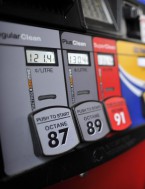
Some people may not care what they put into their car’s gas tank, and just go to the nearest gas station when their cars are running out of gas.
Although there is a federal minimum requirement in US for the gasoline quality, the quality warranty is just very basic and may not be enough for your car’s health, long term speaking.
For example, one requirement to the gasoline sold in US market is, there must be detergent added to prevent carbon buildup inside the engine, to keep the engine runs cleaner, more efficient and lower the emissions. The amount that the detergent added into the gasoline determines the cleaning effect. Roughly speaking, the more detergent added the better.
Recently ABC News has done an interesting experiment. They bought 1-gallon samples of regular and premium gas from 8 national brands within three states, and then send to a certified lab for testing. The below result is in the unit of detergent quantity (mg) per 100 mL of gasoline.
Regular Unleaded 87 Octane (per 100 mL.)
Exxon 20.0mg
BP 17.2mg
Shell 16.2mg
Marathon 8.2mg
Citgo 6.0mg
Pilot 5.8mg
Speedway 5.2mg
Premium Unleaded 92 or 93 Octane (per 100mL)
Shell 31.0mg
BP 26.4mg
Exxon 21.2mg
Speedway 10.6mg
Mobil 10.6mg
Citgo 9.4mg
Marathon 9.0mg
Pilot 8.8mg
Or you can view the screenshot of the news video below.
Looks like Exxon, BP and Shell has very consistent high gasoline quality. While the testing result shows dramatically different quantities of detergent content in those 8 brands, one thing must be noted that, within the US region, some gas stations (even they belongs to different brands) may share the same gasoline supplier. For example, several months ago I personally witness that after a fuel truck has done dumping fuel to the underground tank of a Shell station, then it went straight ahead to the Chevron station across the street to supply the same inventory. So at least for those two Shell and Chevron station, the gasoline sold are the same.
Also if your car has a fuel direct injection engine, there may be a risk that carbon buildup will still present inside the intake manifold and on the intake valve no matter how good quality of fuel you are using. This is because the fuel is sprayed directly inside the cylinder, and does not touch any part of the intake manifold and valves at all, so carbon deposits and dirty stuffs accumulated there cannot be washed away. Below are some live photos of the intake valves of some luxury cars, with excessive carbon buildup in low miles on the meter.
BMW 335i
Audi A4 3.2 TFSI
2010 Porsche 911
According to their owners, they all use high quality gasoline such as Shell, Chevron, Exxon etc. The only direct injection system that can eliminate such symptom and solve the issue from its root cause is Toyota’s D4S fuel injection, which utilized a dual-injector design, including a cylinder direct injector and also a traditional port injector (this sprays fuel into the intake manifold and cleans everything it touches), such system is used on Lexus IS350/IS-F/RC-F/GS350/GS460h/LS460/LS600hL and Scion FR-S/Subaru BRZ. Volkswagen is also going to put a dual-stage fuel injection system similar to Toyota’s D4S into its 2.0-liter EA888 Gen3 turbo engine.


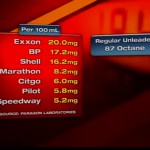
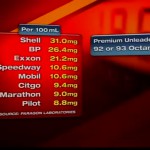
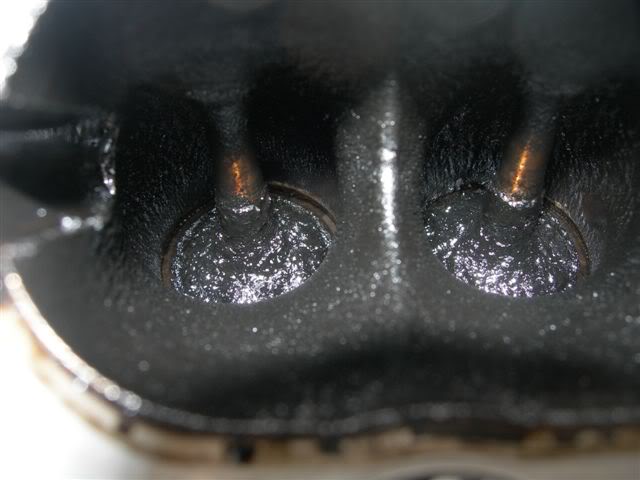
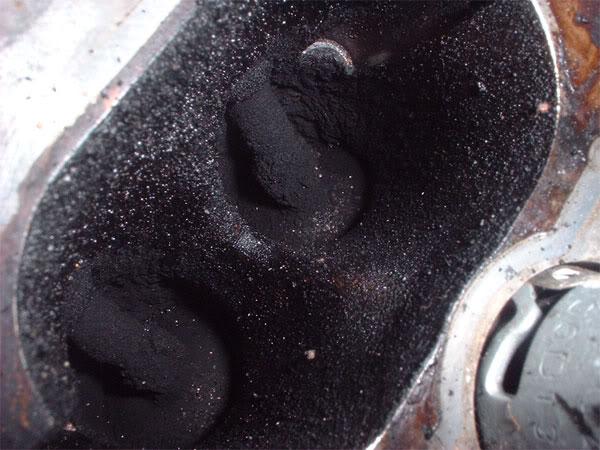
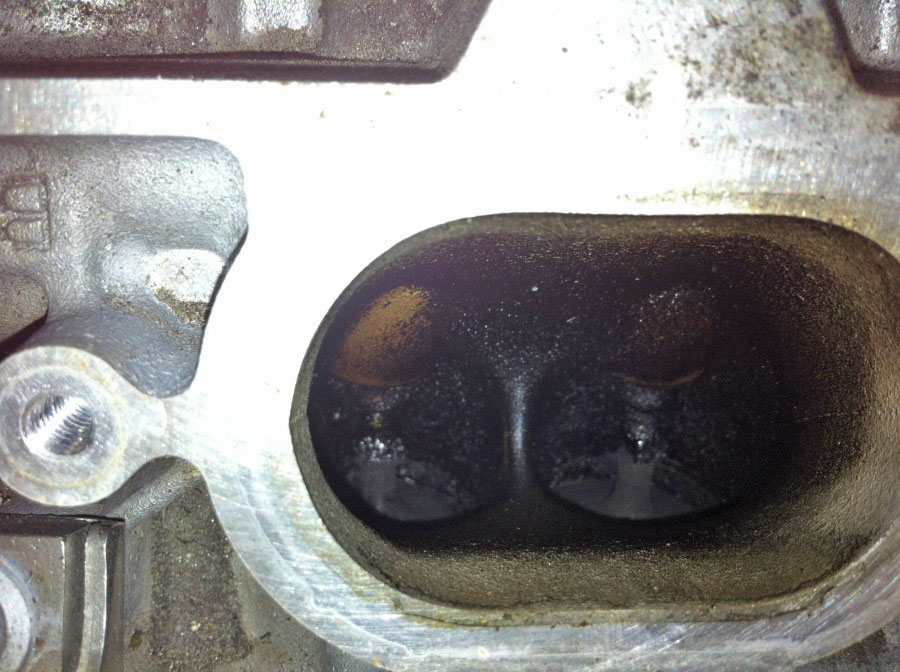

Recent Comments